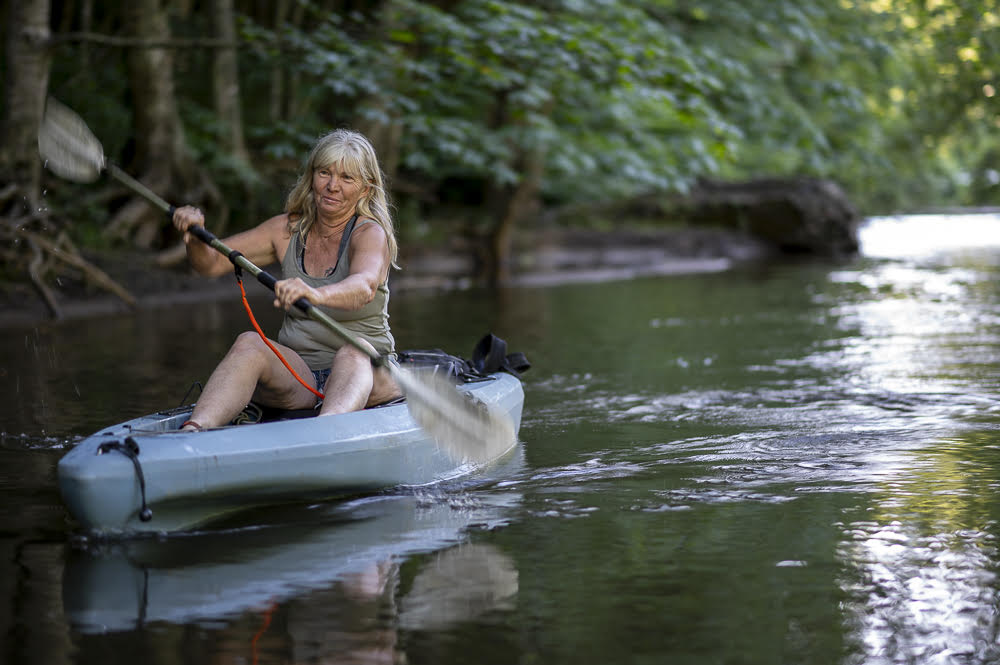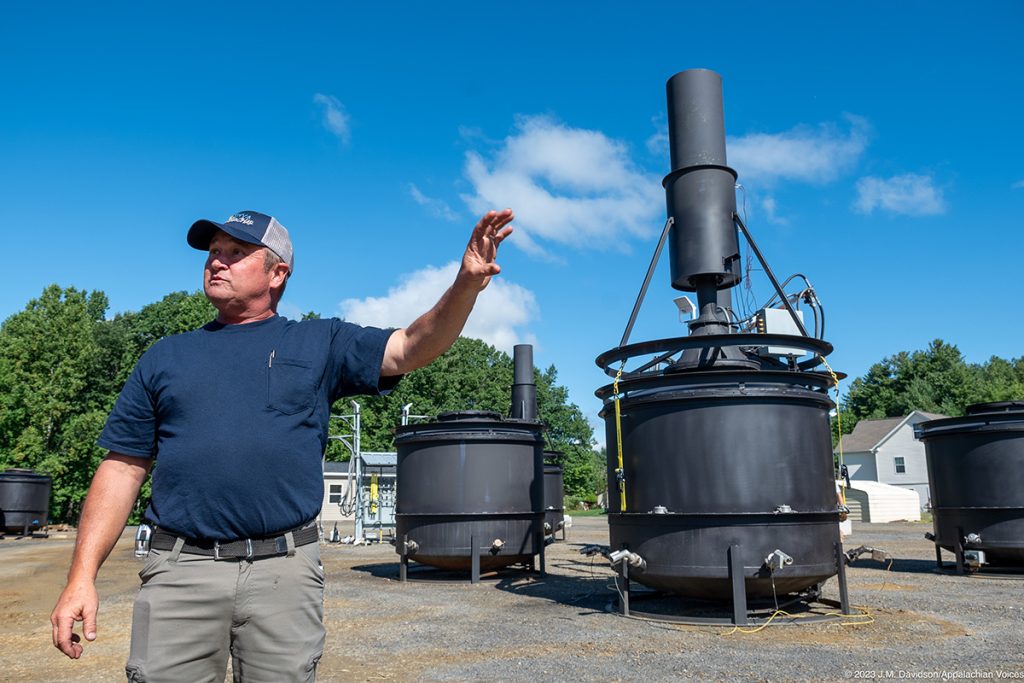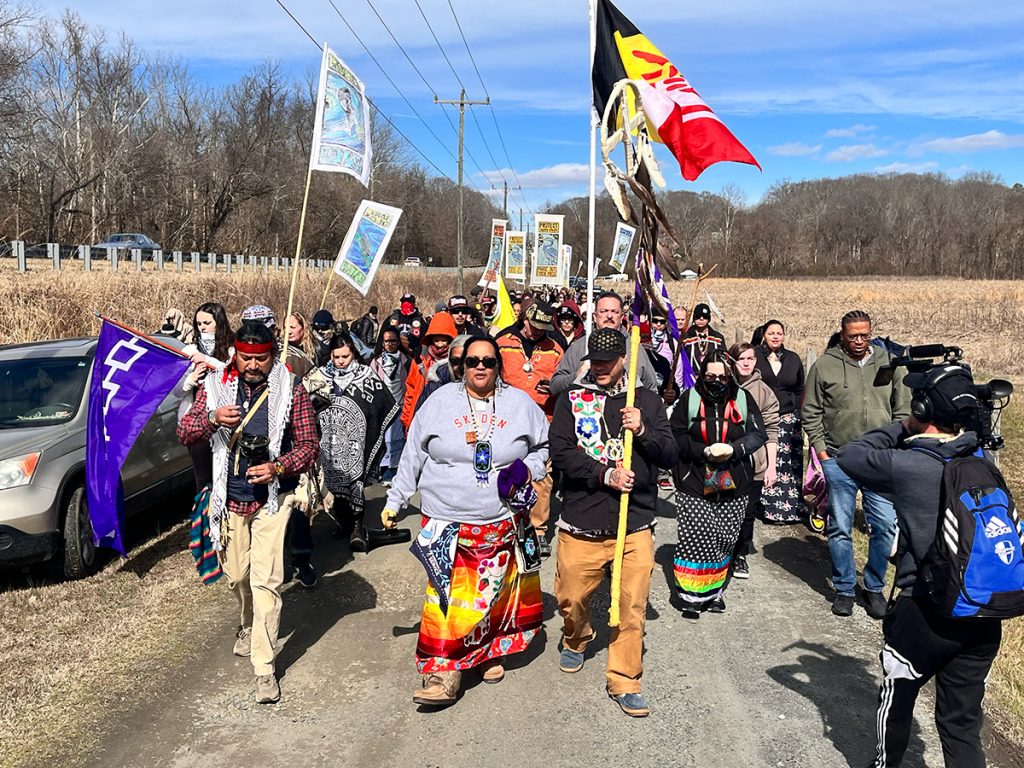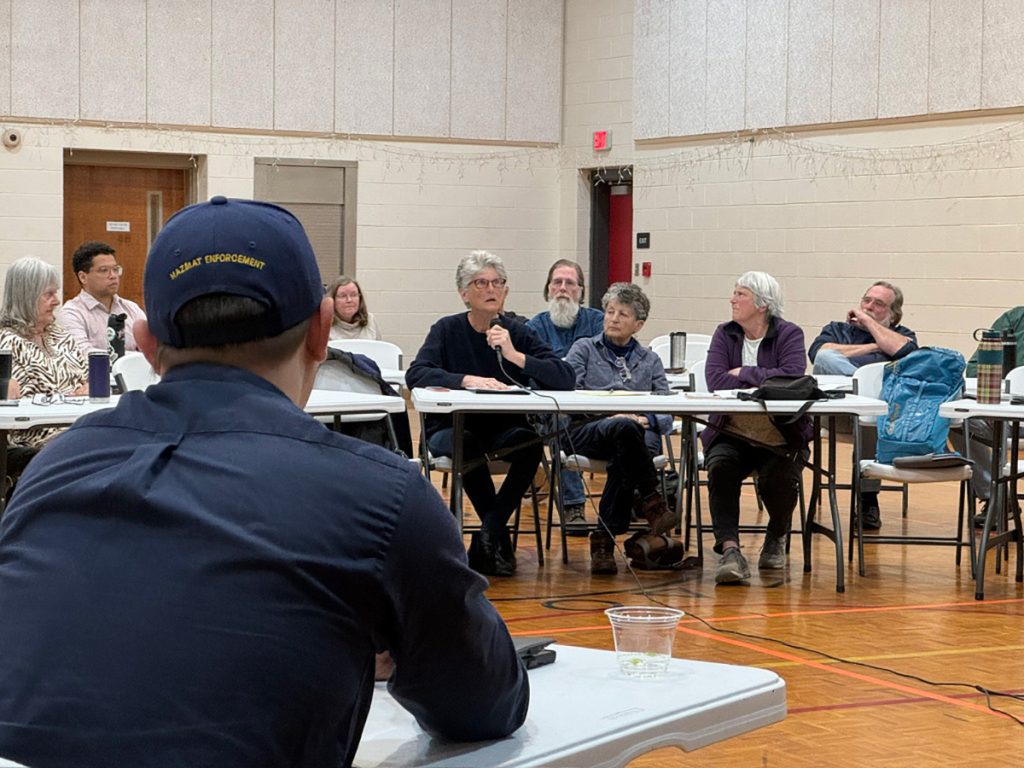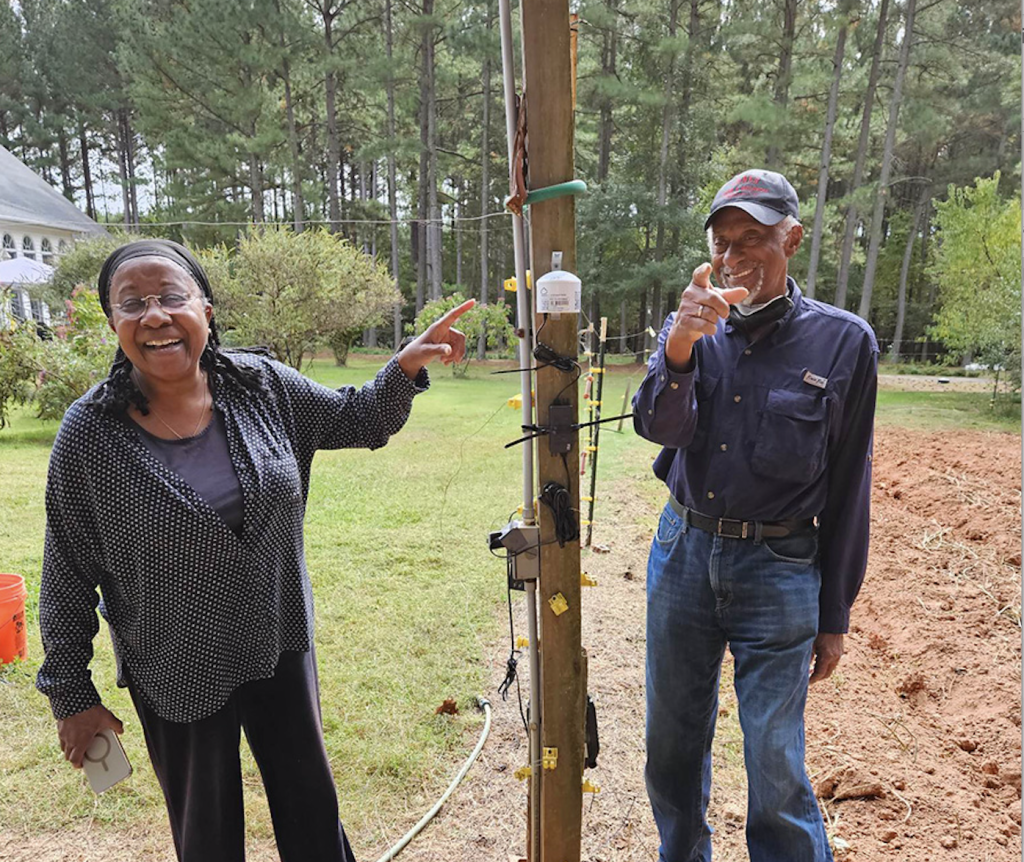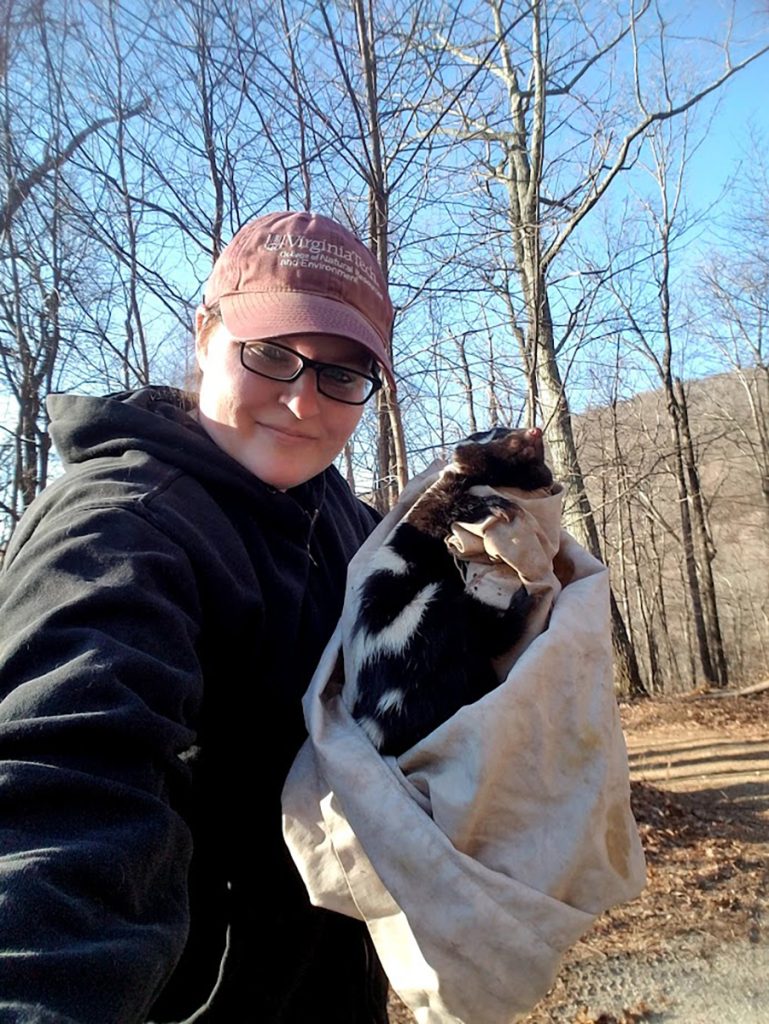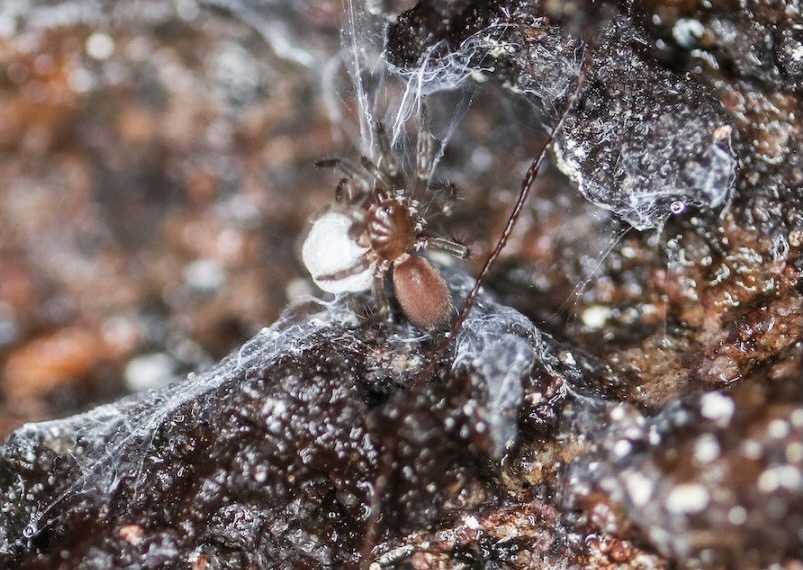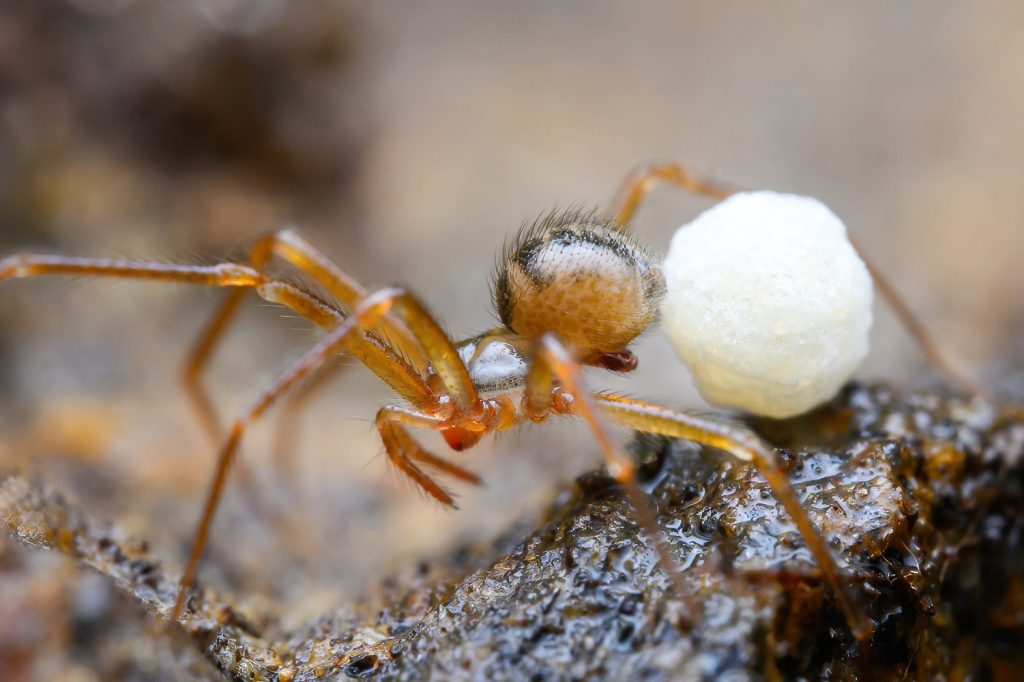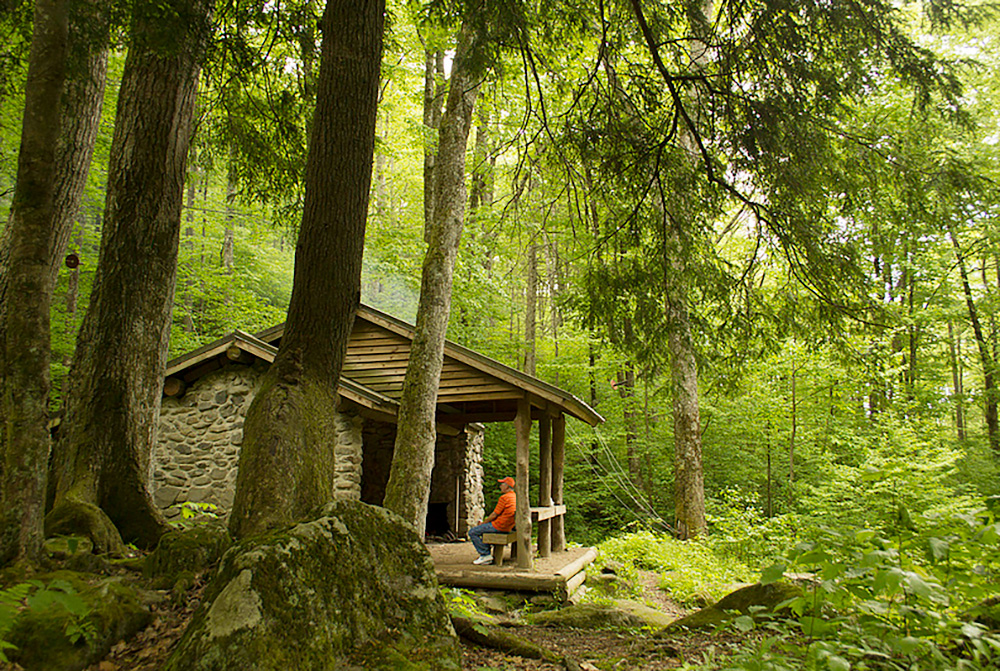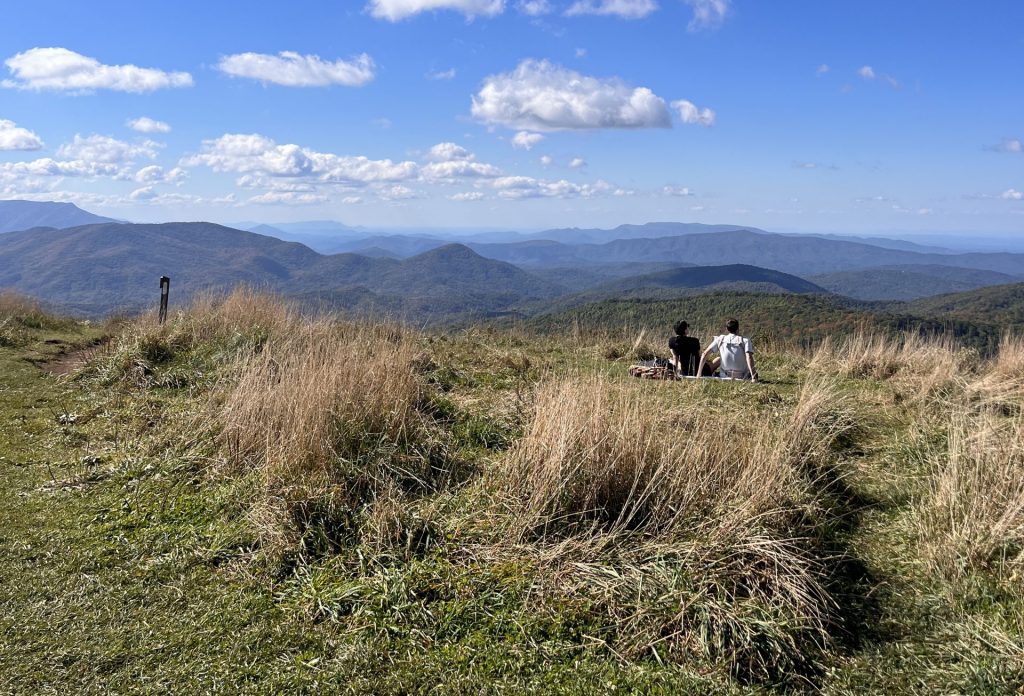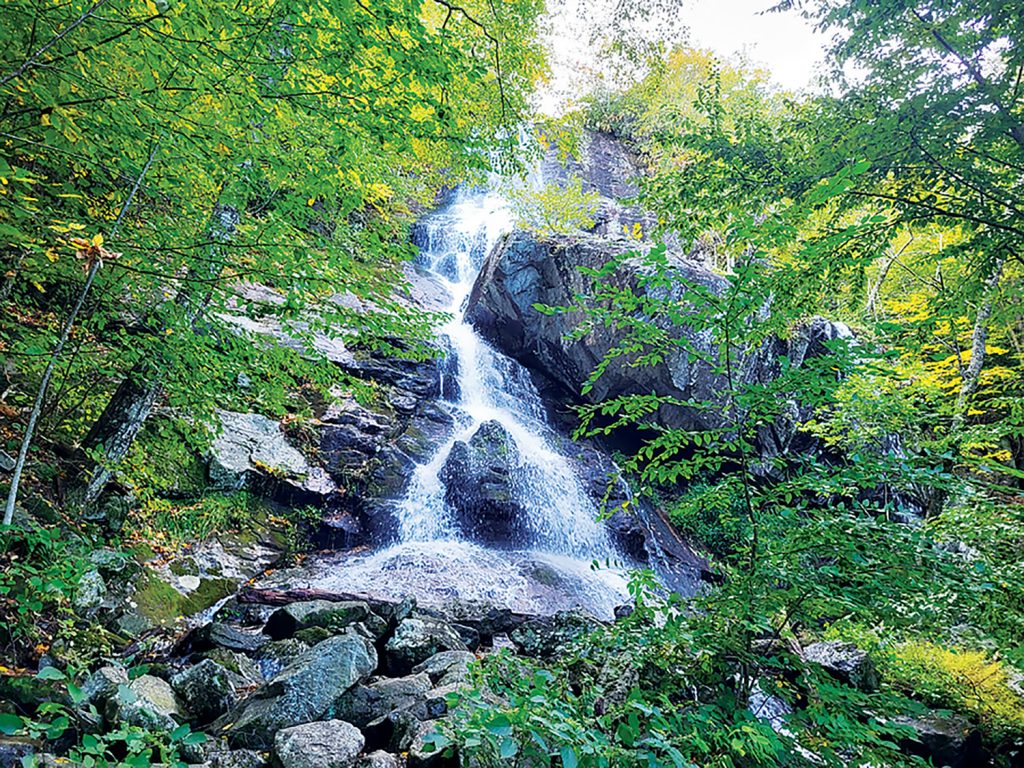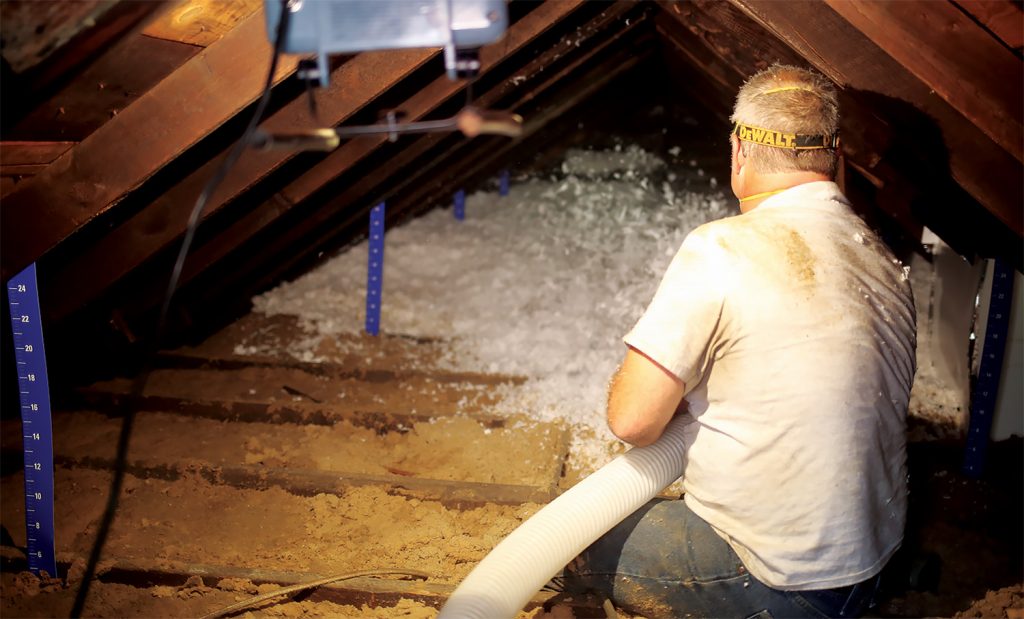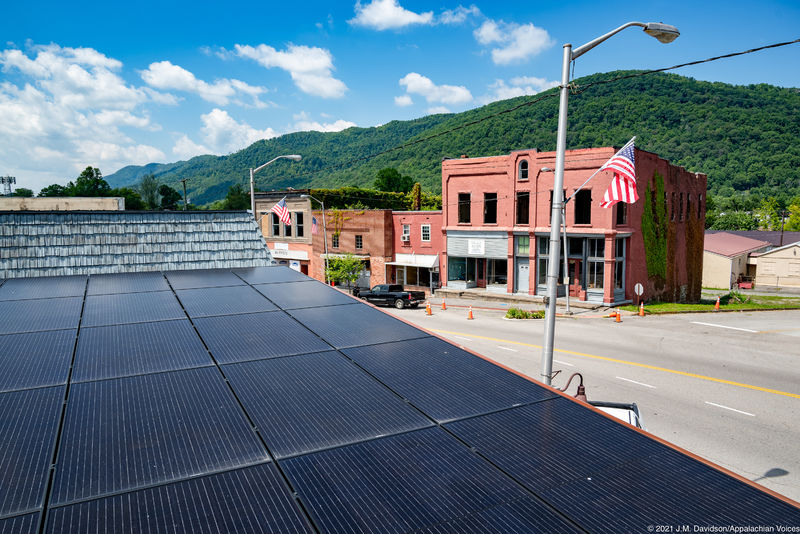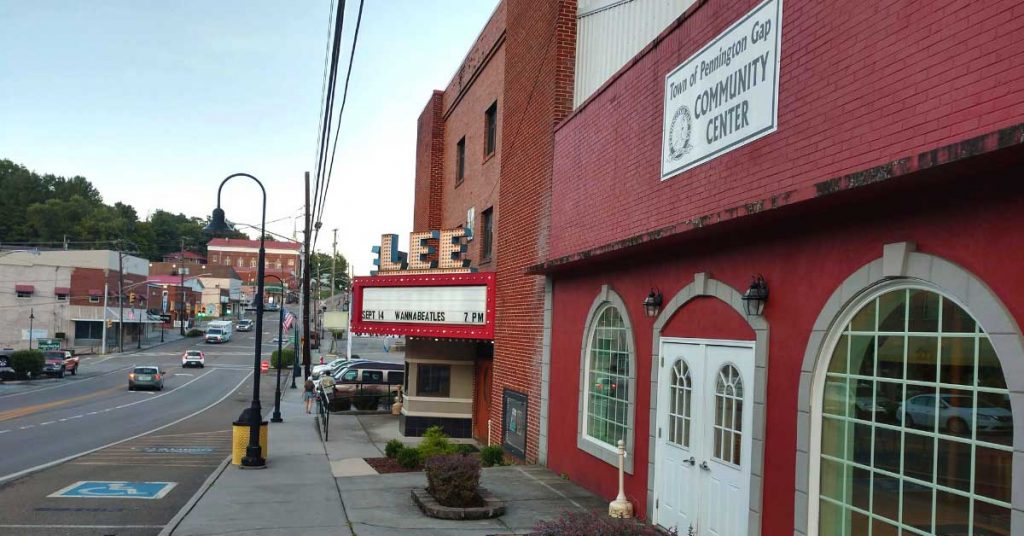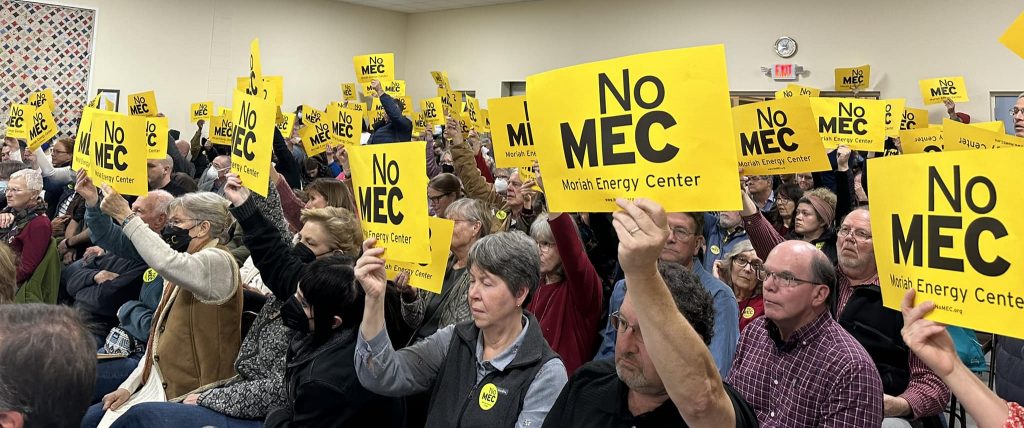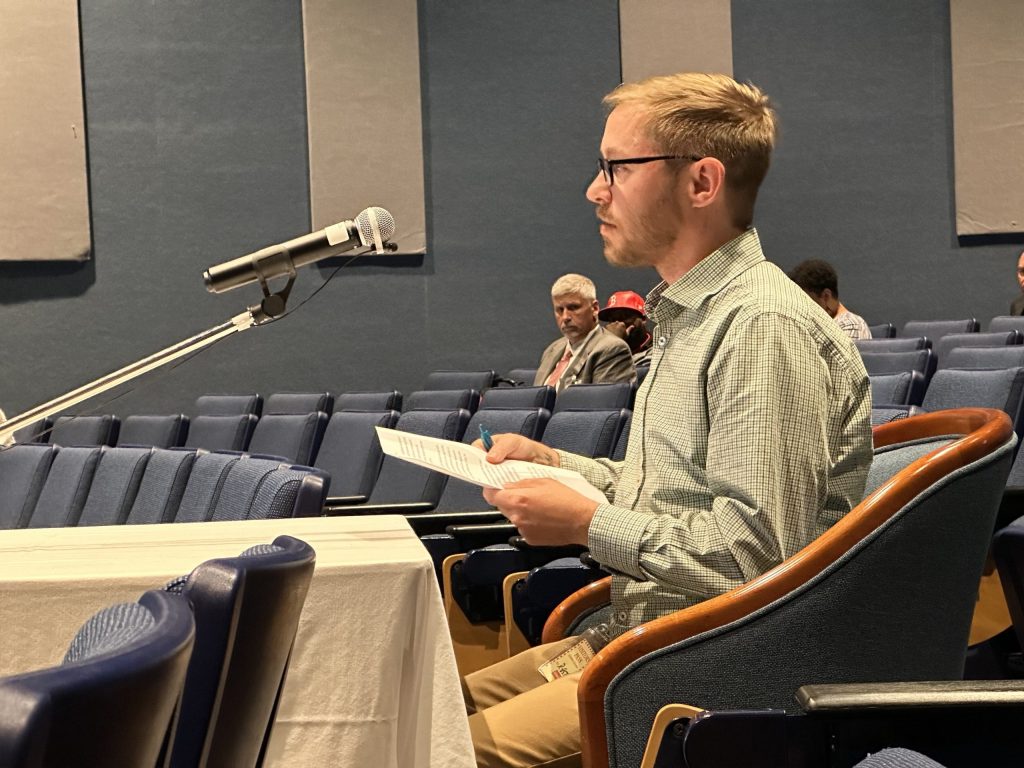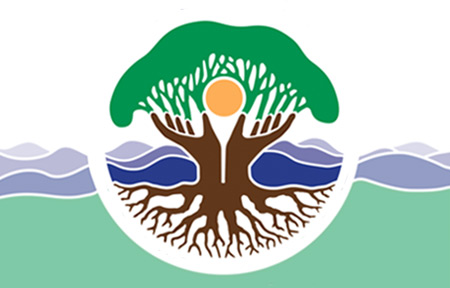Paddling for her Life
Farmer Ann Rose is paddling nearly 2,000 miles solo to bring attention to water woes in Appalachia.
‘Every Stick:’ SWVA Biochar Uses Local Waste to Create Quality Soil
A Southwest Virginia company’s biochar product is carbon-negative and has applications in agriculture.
Amid heat wave, Virginians now have new protections from power shut-offs
The heat means higher electric bills for everyone — including people who could hardly keep up with payments before the heat wave started.
Seven Geological Wonders of Appalachia
The Appalachian Mountains are abundant with magnificent natural wonders. Here’s a sampling of stunning geological features within the region.
A Conversation with Archbishop Marcia Dinkins
Archbishop Marcia Dinkins, founder of the Black Appalachian Coalition, talks about creating the space for voices that have often been unheard to be heard.
Changes for MVP Southgate Pipeline are Part of a Web of Proposed Methane Gas
“Families and farmers are being asked to sacrifice land, health and peace of mind for projects that are less reliable and affordable than renewables,” said Ridge Graham of Appalachian Voices.
Mountain Valley Pipeline Safety Issues Continue
The recent failure of a section of pipe during testing has heightened residents’ long-standing concerns about deteriorated pipe and rushed construction putting their safety at risk.
Residents Across Five States Benefit From Local Air Quality Monitoring
Through the Upper South and Appalachia Citizen Air Monitoring Project, community members and organizations are collecting data about local air quality.
Join The Movement
Stories from AppVoices' Front Porch Blog
Why Appalachia’s Spotted Skunk is so Rare
The eastern spotted skunk was not always as rare as it is today. Find out what researcher Emily Thorne has learned about this master of malodor.
Endangered Tiny Tarantula Faces Habitat Loss
An endangered, tiny tarantula living in moss in the Appalachian Mountains is losing more of its habitat.
10 New Spider Species Discovered in Appalachia
Researchers have discovered 10 new spider species that have adapted to the subterranean habitat of Appalachian caves.
Views and Brews
There’s nothing better than some time on the trail followed by a smooth cup of java or something with a little kick. Enjoy this carefully crafted list of the perfect pairings.
How Max Patch Bald is Finally Healing
After overuse forced the closure of Max Patch Bald, efforts by the U.S. Forestry Service and trail groups to restore the area show dramatic progress.
Special Sections Along the Appalachian Trail
We asked folks which sections of the Appalachian Trail are their favorites, and here’s what we found!
Lowering Costs for Energy-Efficient Home Upgrades
Tax credits and rebates can help homeowners make energy-efficient upgrades.
How Home Repairs Enable Energy Efficiency Upgrades
Funding for a Virginia program that helps low-income residents repair their homes and receive energy-efficiency upgrades is at risk.
What Can the New Clean Energy Programs Do For You?
Our guide breaks down what the new clean energy programs can do for your home, business and community.
Beat the heat: How reliable solar energy is saving our summer
Renewable energy has emerged as a game-changer in boosting grid capacity and preventing blackouts while we crank air conditioning day and night as the summer grinds on.
Homecoming: Why rural community economic development matters
For too long, Appalachia’s small, rural communities have been largely left to experience their own slow decline in isolation.
Community members hold press conference to speak out against the Moriah Energy Center ahead of public hearing
On Thursday, Aug. 1, community members impacted by the proposed Moriah Energy Center will hold a press conference to share their concerns about plans for the facility ahead of the Division of Air Quality’s public hearing on the air permit application.
Biden Admin Finalizes Silica Rule Update
A new federal rule would cut miners’ exposure to silica dust, but miners and their advocates have concerns about whether industry will follow the new rule under the current enforcement mechanisms.
Reducing Methane Emissions from Wells Could Create Tens of Thousands of Jobs
Decommissioning unplugged oil and gas wells and reducing emissions at operating wells in accordance with new federal guidelines would create tens of thousands of jobs across four states, according to a recent report.
EPA Action to Prevent Power Plant Pollution
New EPA rules to regulate pollution from coal and gas power plants could have major impacts on public health and the environment.


